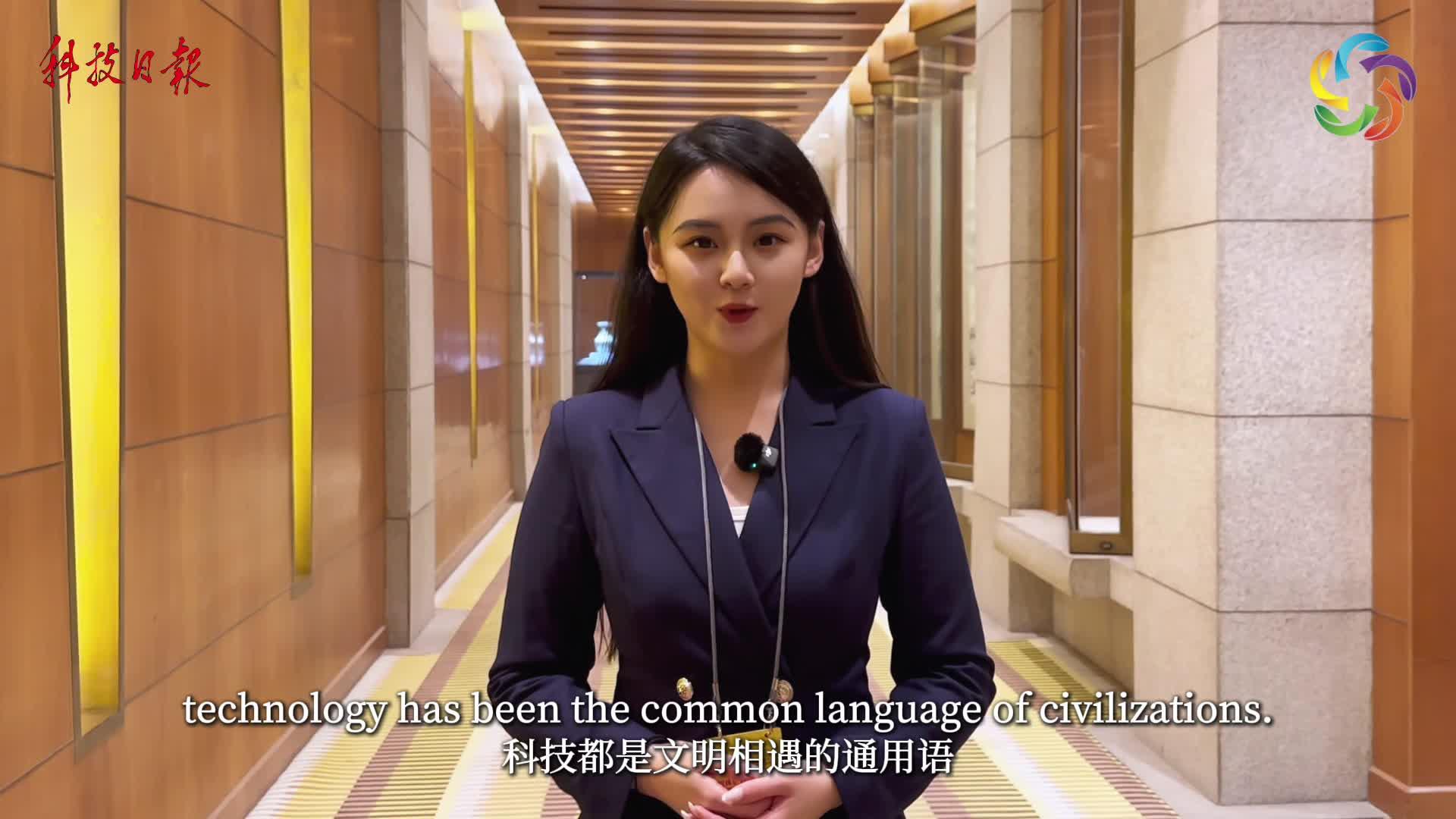Brazil and China: A Strategic Partnership in Science, Technology and Innovation

As the world faces growing global challenges, collaboration between Brazil and China in the fields of science, technology, and innovation (ST&I) emerges as a strategic model to drive scientific and technological advancements with far-reaching impacts.
This partnership is anchored by the Sino-Brazilian Commission on Consultation and Cooperation, established in 2004, which facilitates dialogue and coordination between the two nations in areas such as ST&I, industry, information and communications technology, and space — sectors that, on the Brazilian side, are overseen by Brazil's Ministry of Science, Technology and Innovation (MCTI).
In recent years, this partnership has strengthened and expanded, focusing on critical topics for sustainable development and technological autonomy. In April 2023, during Brazilian President Luiz Inacio Lula da Silva's visit to China, significant agreements were signed, including a memorandum of understanding (MoU) between the MCTI and China's Ministry of Science and Technology (MOST), covering areas such as nanotechnology, clean energy, AI, and biotechnology.
This collaboration aims to foster the foundations of sustainable development and broaden joint research initiatives and young scientist exchange programs, strengthening connections between the scientific communities of both countries.
At the G20 Summit, set to take place in Brazil on November 18 and 19, a new set of ST&I cooperation agreements is expected to be signed between Brazil and China, further consolidating this bilateral commitment. The new MoUs will address areas such as renewable energy, applied AI, nuclear technologies, and advanced information and communication systems.
Thus, signing these agreements will reflect the continued dedication of both countries to building a robust and cooperative innovation ecosystem, providing mutual benefits in areas crucial to global security and economic development.
Cooperation on new scientific frontiers
The two countries have focused on high-tech and innovation fields, establishing bilateral research hubs such as the China-Brazil Center for Research and Innovation in Nanotechnology and the China-Brazil Center for Climate Change and Innovative Energy Technologies. These centers are dedicated to developing advanced technologies in areas such as new energy sources, accelerator physics, photonics, and low-carbon solutions.
Advancements in establishing bilateral biotechnology centers and solid-state lighting reinforce the mutual commitment to developing technological solutions that meet global and local demands for sustainability and innovation.
In the space sector, the CBERS (China-Brazil Earth Resources Satellite) program stands out as one of the oldest and most successful collaborations between the two nations, with six satellites launched and the current development of the CBERS-5 geostationary satellite. This series of satellites plays an essential role in environmental, agricultural, and territorial monitoring, providing detailed images that support disaster monitoring, deforestation control, natural resource management, and urban planning initiatives.
The continuity of the CBERS program, a priority for President Lula and the MCTI, symbolizes innovation and the strategic South-South partnership, as well as Brazil and China's commitment to environmental protection and technological independence.
Challenges and the future
The cooperation between Brazil and China in ST&I holds immense potential to help address current global challenges while enabling the development of long-term solutions for sustainable development and autonomy in strategic technological areas.
In the field of AI, for example, joint work facilitates advances in solutions applicable to a wide range of sectors that require innovative and adaptable approaches. In renewable technologies, joint projects focused on clean and photovoltaic energy reflect the commitment to sustainability and the adaptation of both countries to the demands of a low-carbon global economy.
Over the next decade, building on the fruitful relationship between MCTI and MOST, cooperation between Brazil and China is expected to continue expanding and deepening, with a focus on strengthening research in advanced materials, AI, new technological frontiers, and other fields of sustainable development.
This ongoing engagement highlights the importance of international partnerships in ST&I as essential tools for progress, prosperity, poverty reduction, inequality and hunger reduction, environmental protection, combating climate change, and health access.







